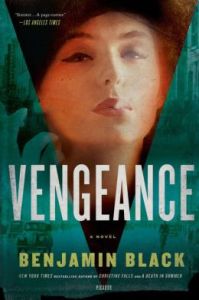
Vengeance is the fifth of the six novels featuring the Dublin pathologist Quirke (no first name) from the pen of Benjamin Black, aka Man Booker Prize-winner John Banville. Banville reportedly writes the series for money, seeing them as of a lower order than the dozens of “serious” novels and plays he has created. Clearly, the critics agree with him, having awarded Banville a mind-bogglingly long series of awards and prizes. But are the Quirke novels “serious” fiction deserving the same praise?
This quick and dirty distinction between genre fiction and the more “serious” stuff has me wondering how many people have actually read all those award-winning books, and whether the half-dozen novels in the Quirke series have attracted a wider audience than all the rest of Banville’s work combined. I, for one, wouldn’t be surprised if that were the case.
Truth to tell, I’ve never been able to read all the way through a single Booker Prize-winning novel. I’m convinced that the judges deliberately seek out work that’s designed to be read by critics, academic deconstructionists, and nobody else. But I digress.
Vengeance (Quirke #5) by Benjamin Black ★★★★☆
In the Quirke novels, set in 1950s Dublin, Banville comes to grip with the Irish elite, the underlying tension between Catholic and Protestant, the dead weight of the Church, and the veil of history. Quirke and his collaborator, Inspector Hackett of the Garda (the Irish police), invariably find themselves caught up in the often violent conflicts roiling Dublin’s elite society. In Vengeance, two families are locked in combat for three generations, one Protestant, one Catholic, as partners in one of the country’s biggest businesses. The mysterious death at sea of one of the partners triggers an investigation by Quirke and Hackett that leads them to uncover long-hidden family secrets.
The Quirke series is successful, I believe, precisely because it lacks the conceits and conventions of so much detective fiction: the cliff-hanging ends of chapters, the unlikely coincidences, the rosters of likely suspects, the red herrings. Each novel tells a unique story, and each is firmly grounded in its characters and in the history of a particular time and place. If, like me, you enjoy detective fiction but are uncomfortable feeling manipulated, you’ll enjoy Vengeance and the other five novels (so far) in the series.
For related reading
I’ve reviewed all the novels published to date in this series at The Quirke series of Dublin crime novels from Benjamin Black.
You might also enjoy my posts:
- Top 10 mystery and thriller series
- 20 excellent standalone mysteries and thrillers
- 30 outstanding detective series from around the world
- Top 20 suspenseful detective novels
- Top 10 historical mysteries and thrillers
And you can always find my most popular reviews, and the most recent ones, on the Home Page.

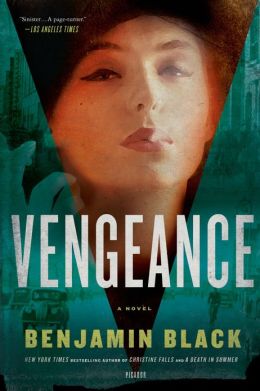
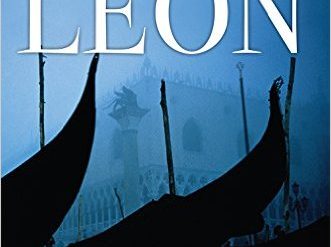
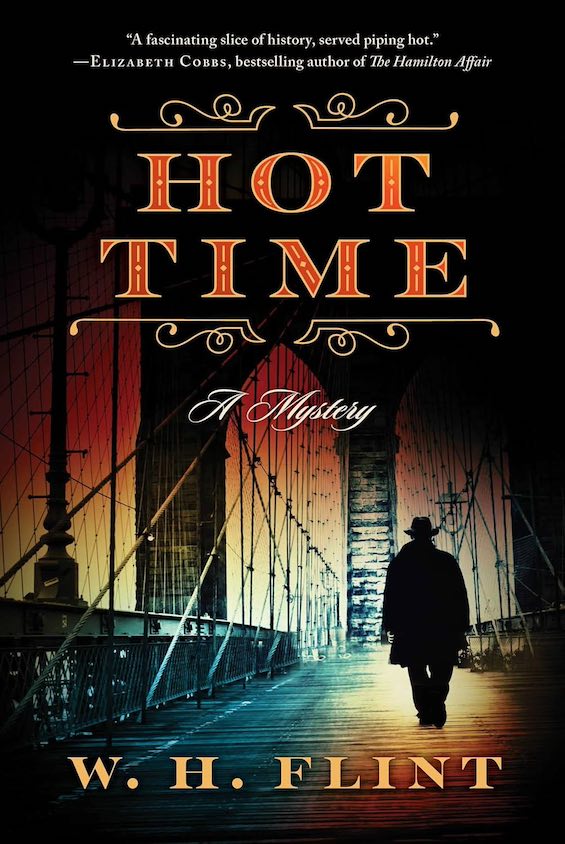

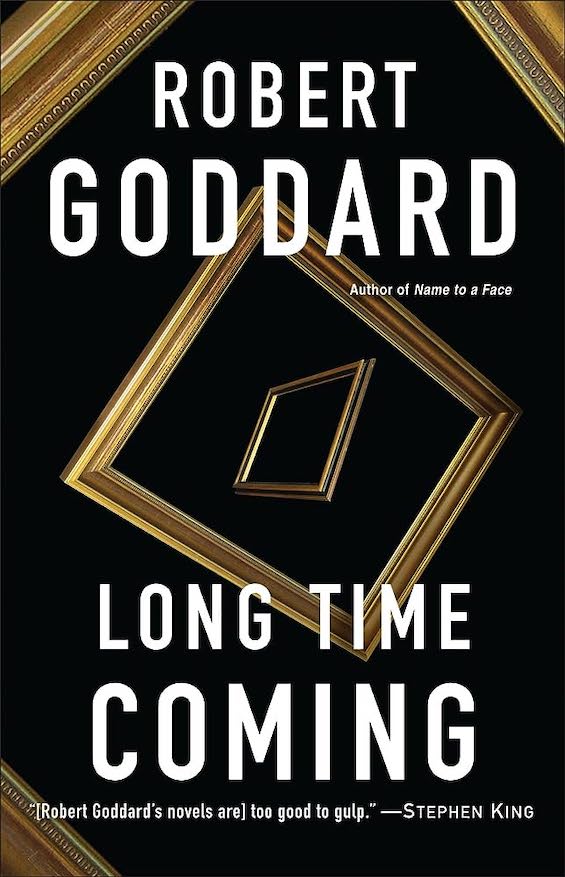





















This prompted me to peruse about half of The Drowning Pool – 133 pages or so – to see how many similes I could count. (I’m using the Vintage Crime Black Lizard edition from May 1996). I counted thirty four and no doubt missed a few. (REVISION 11/30/14: The number is much higher. Going back over the work a second and third time I see I missed a lot in my initial sweep.) I haven’t done the legwork, but I think some of the later books might have a slightly higher ratio. That’s a lot, but in any case I would argue that many of Macdonald’s similes are so strong that they infinitely enrich the work. Not only that – they are so strong that they put many “serious” writers of fiction to shame.
http://postmoderndeconstructionmadhouse.blogspot.com/2014/11/ross-macdonald-drowning-pool.html#.VHv-w9KUeRZ
You’ve got a lot more patience than I do. More power to you!
This prompted me to peruse about half of The Drowning Pool – 133 pages or so – to see how many similes I could count. (I’m using the Vintage Crime Black Lizard edition from May 1996). I counted thirty four and no doubt missed a few. (REVISION 11/30/14: The number is much higher. Going back over the work a second and third time I see I missed a lot in my initial sweep.) I haven’t done the legwork, but I think some of the later books might have a slightly higher ratio. That’s a lot, but in any case I would argue that many of Macdonald’s similes are so strong that they infinitely enrich the work. Not only that – they are so strong that they put many “serious” writers of fiction to shame.
http://postmoderndeconstructionmadhouse.blogspot.com/2014/11/ross-macdonald-drowning-pool.html#.VIO0wdKUeRZ